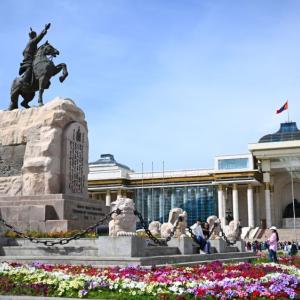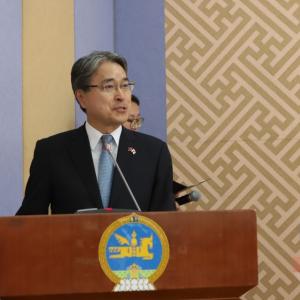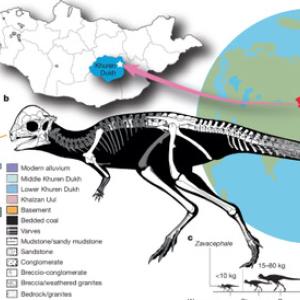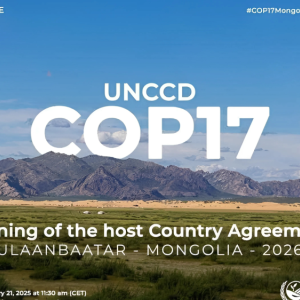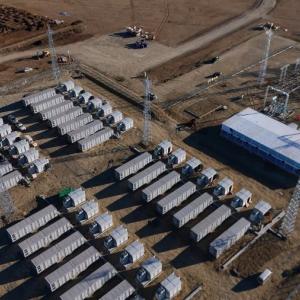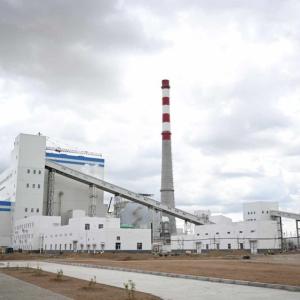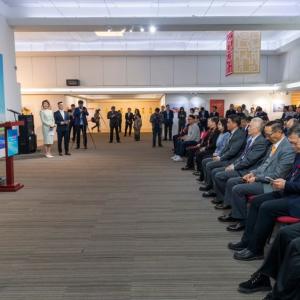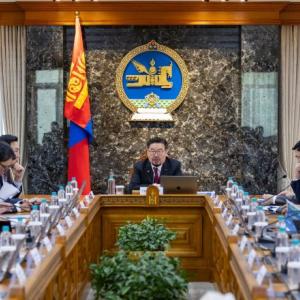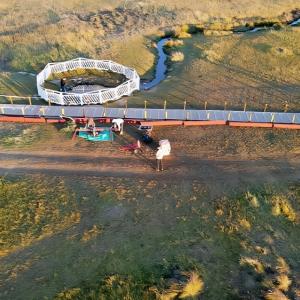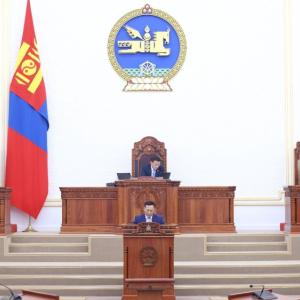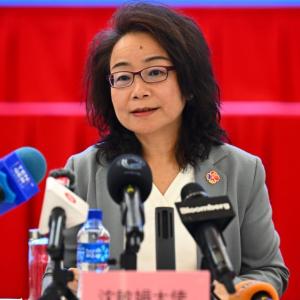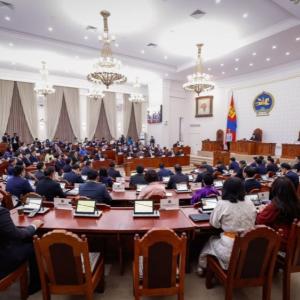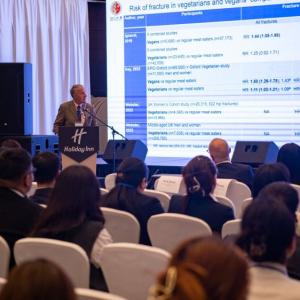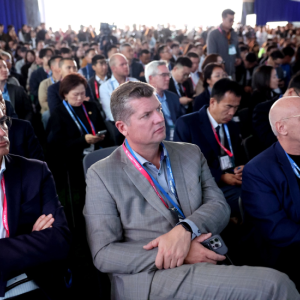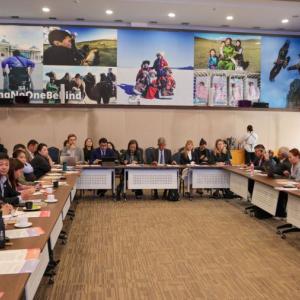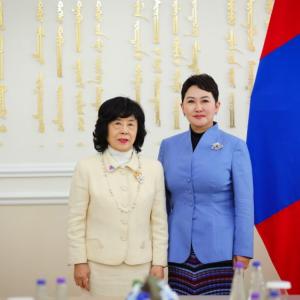Mongolia Shows Improvement in Management of Public Finances
Economy
Ulaanbaatar /MONTSAME/. Mongolia’s management of
public finances has improved, but further reforms are needed in some areas to
achieve international best practice standards, a recent World Bank assessment
finds.
The recently completed
Public Expenditure and Financial Accountability (PEFA) report, which assessed
the performance of Mongolia’s public financial management system against
international benchmarks, concluded that Mongolia scored well in relation to
access to public information, the budget preparation process, financial data
integrity, and external audit. In the
application of international accounting standards, fiscal risk management,
medium-term budgeting, and the use of performance evaluation to enhance
government service delivery, further reforms are needed to enhance fiscal
discipline, ensure resources are allocated as intended, and improve service
delivery, the report found.
“Public Expenditure and
Financial Accountability assessment provides an excellent foundation for
Mongolia to measure its progress in driving improvement in its public financial
management,” said Andrei Mikhnev, World Bank Country Manager for Mongolia. “The
current report will also be used to assess the success of our current programs
for supporting effective governance in Mongolia and in designing future
programs.”
“The European Union and
Mongolia have a long-term and broad partnership. The report demonstrates
Mongolia’s willingness to further improve the management of its public
finances,” said Ambassador-designate Axelle Nicaise, Head of Delegation of the
European Union to Mongolia. “The EU will continue to assist Mongolia in its
public financial management reform agenda, also with our budget support
program”.
Mongolia has gradually
undertaken reforms to strengthen fiscal discipline and the public financial
management system, the report notes. The first phase of reforms between 2003
and 2008 established the basic elements of the system, including strengthening
internal controls, cash management, and accounting and reporting. The second
phase of reforms between 2008 and 2011 included improvements in fiscal policy,
budget planning, and decentralization of roles and resources to subnational
governments. More recently, Mongolia has been pursuing a number of initiatives
to improve macro-fiscal management and government service delivery.
The report assesses
reform progress over the last 5 years. Of the 31 indicators in the assessment
framework, 12 indicators show improvement, 13 indicators are unchanged, and
three have deteriorated.
The greatest gains since
a 2015 assessment were in the areas of budget credibility, the predictability
and control of budget execution, revenue administration processes, budget
release processes, cash and debt recording, and payroll controls.
Comprehensiveness and transparency, policy-based budgeting, accounting and
reporting, and external scrutiny and audit were elements of public financial
management that remained relatively consistent over time.
“The World Bank
congratulates the institutions involved in the progress made to enhance public
finance governance.” said Alma Kanani, World Bank Governance Practice Manager
for East Asia and the Pacific. “It is very good to see that the government’s
continuous commitment to reforms is producing results.”
The assessment was made
possible with financing from the EU-funded Strengthening Governance in Mongolia
Project. The publication of the report coincides with a planned review and
update of the public financial management reform strategy and action plan, and
the assessment will provide an important input to the design of future reforms
to further strengthen fiscal governance and public financial management.
Source:moderndiplomacy

 Ulaanbaatar
Ulaanbaatar

